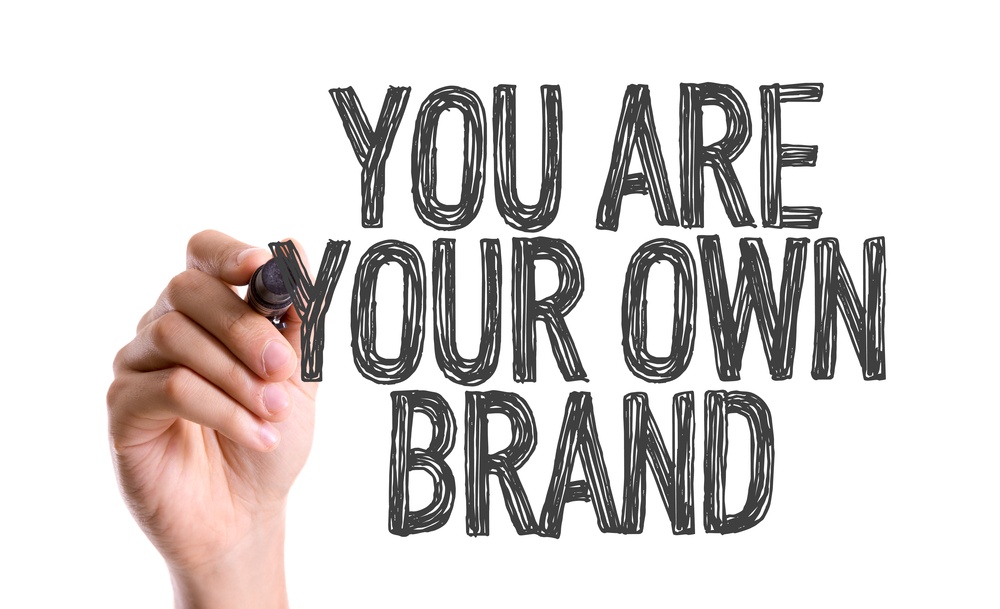Employability skills
Stakeholders with an interest in improving employability prospects of school leavers and college/university graduates believe that while gaining qualifications is of primary importance:
‘It is important that all courses, and particularly courses with fewer positive employment destinations, integrate employability, careers and life skills into courses so that young people are better able to compete in the labour market when they leave education’.
‘A term that refers to skills, behaviours, attitudes and personal attributes that are necessary for an individual to seek, gain and sustain employment and function effectively in the workplace and are transferable to a variety of contexts. Employability skills prepare individuals for work rather than for a specific occupation.’
The language of skills for work is complex, with phrases such as personal skills, core skills and employability skills all in common use. Employability is considered mainly as a subset of essential skills.
Though there are few detailed definitions in place about what specifically constitutes the ‘skills, behaviours, attitudes and personal attributes’, there are several common strands within employability initiatives or projects. These focus primarily on:

The skills needed to succeed in the workplace are primarily developed through good prior knowledge of the job market and the expectations of the workplace - a useful reality
While the importance of having the right qualification and vocation skills is seen as important, being able to talk to people, to learn new things and to present oneself well are considered equally important attributes. Effective core skills, particularly oral or written communication skills are considered key to succeeding in the job application process. These generic aspects can be summarised as a ‘positive attitude’.
It may also be useful for you to view our web site page ‘Skills employers look for’.
Different industry sectors demand different skillsets – personal as well as technical. Most employer surveys do, however, note that personal skills have at least equal rating with technical skills or qualifications for example;
In the Confederation of British Industries Education and Skills
In summary, you need to understand what skills for work are and then how to demonstrate to potential employers that you have the required knowledge, skills, behaviours and attitudes.


Where young people aspire to ‘be great’ - to be the best they can be within their field and where they can actively contribute to society whilst supporting themselves.
The products and services from
Contact us using the address hello@curriculosolutions.com or go directly to our website and take our course The Curriculo Industry Engagement Programme. Read all about it here: https://www.curriculosolutions.com/industry-engagement-programme